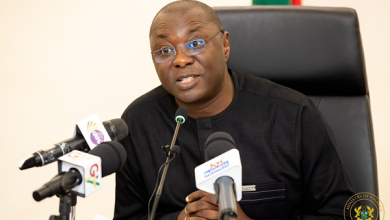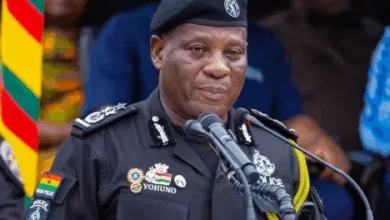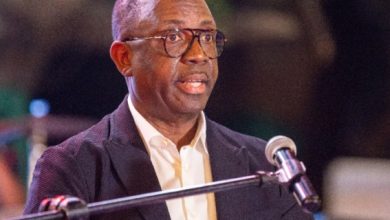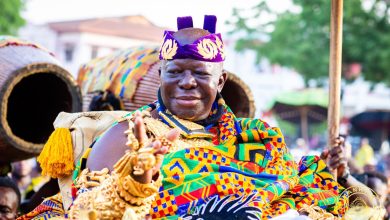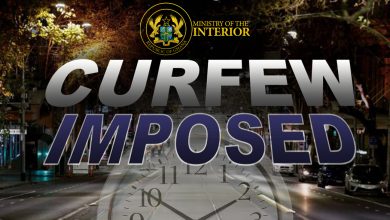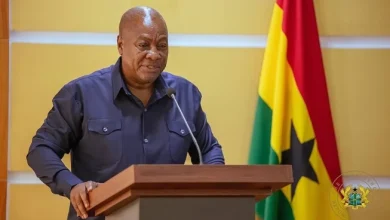MOU with US on deportation doesn’t require parliamentary approval – Ablakwa
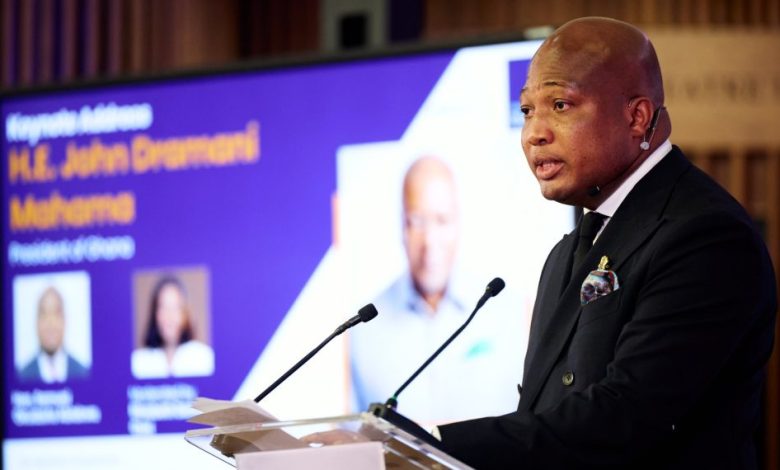
Minister of Foreign Affairs, Samuel Okudzeto Ablakwa, has clarified that the recent memorandum of understanding (MoU) between Ghana and the United States on deportations does not require parliamentary ratification at its current stage.
Responding to concerns raised about the lack of parliamentary oversight, Mr. Ablakwa explained that the arrangement with the US is an MoU, not a binding treaty, and as such, falls within the executive’s purview and established conventions that do not mandate immediate parliamentary approval.
“As a nation that upholds the dignity and rights of all people, particularly those of African descent, Ghana’s actions were guided solely by moral responsibility, our legal obligations under the 1992 Constitution and ECOWAS protocols, and our Pan-African values,” he stated.
Mr. Ablakwa further assured the public that the government has implemented stringent safeguards in the agreement to prevent any security risks.
“Under this understanding with the US, Ghana must first independently vet the background of those the US intends to deport to satisfy ourselves that they do not pose any threats to the security of our country,” he said.
“We have put in place strict safeguards to ensure that convicted hardened criminals cannot be brought into our country under this understanding. The Mahama administration will never compromise the security and well-being of Ghanaians.”
He added that the MoU has already been thoroughly reviewed by Cabinet and the Attorney General, noting that this approach aligns with precedents set by previous administrations.
“I have inherited hundreds of MoUs from the previous administration which were not sent to Parliament for ratification,” Ablakwa noted.
“May I assure the nation that if this initial understanding is elevated into a full-blown agreement, we shall not hesitate to comply with Article 75 of the 1992 Constitution by proceeding to Parliament for ratification.”
The clarification comes amid growing public scrutiny following revelations that Ghana had received 14 deportees, including Nigerians and one Gambian, under the agreement.
Critics, including former Deputy Foreign Affairs Minister Charles Owiredu, had questioned the legal and constitutional basis of the deal, citing a lack of consultation with Parliament’s Security and Intelligence Committee.

